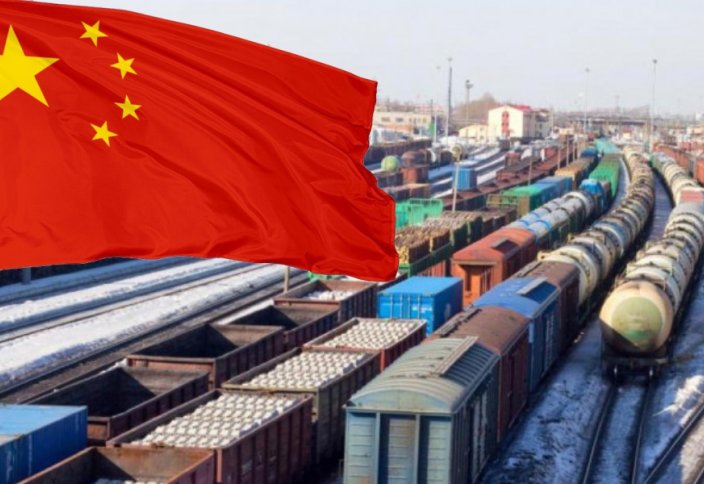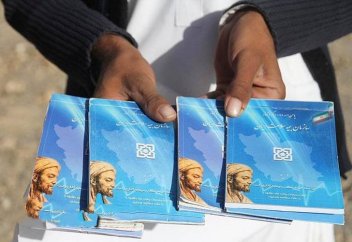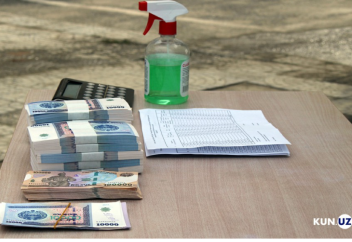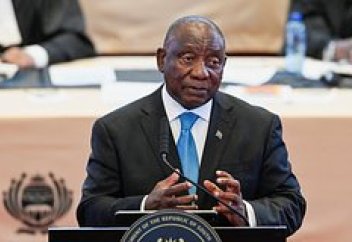|
Экспорт семян кунжута из Пакистана в Китай вырос на 180% в начале 2025 года
|

Экспорт семян кунжута из Пакистана в Китай значительно увеличился на 179,88% за первые два месяца 2025 года, что отражает растущий спрос и углубление торговых связей между двумя странами в области сельскохозяйственной продукции, сказал Гулам Кадир, советник по торговле и инвестициям посольства Пакистана в Пекине. Гулам Кадир, советник по торговле и инвестициям, сказал, что, согласно данным Главного таможенного управления Китая, Пакистан экспортировал 22740,445 метрических тонн семян кунжута на сумму 28,27 миллиона долларов США в Китай в январе и феврале 2025 года по сравнению с 5997,744 метрическими тоннами на сумму 10,10 миллиона долларов США за тот же период прошлого года. Этот резкий рост подчеркивает укрепление позиций Пакистана на рынке кунжута в Китае, обусловленное улучшением качества, оптимизацией торговых процессов и растущим потребительским спросом.
«Пакистан является одним из ведущих экспортеров семян кунжута в Китай, извлекая выгоду из расширяющейся пищевой промышленности Китая и предпочтения страны в отношении высококачественной сельскохозяйственной продукции. Отраслевые эксперты связывают этот рост с благоприятными климатическими условиями в Пакистане для выращивания кунжута, усовершенствованными методами ведения сельского хозяйства и усилением двустороннего упрощения процедур торговли в рамках Китайско-пакистанского экономического коридора (КПЭК)», — добавил он.
Ракеш Пал, крупный экспортер семян кунжута из Пакистана в Китай, сообщил China Economic Net, что всплеск экспорта следует за усилиями Пакистана по улучшению своего сельскохозяйственного экспорта за счет соответствия международным стандартам качества и обеспечения лучшего доступа к рынку. Официальные лица и торговые представители подчеркнули важность использования обширного потребительского рынка Китая для дальнейшего роста экспорта сельскохозяйственной продукции, включая кунжут, манго и другие дорогостоящие культуры.
Market analysts predict that Pakistan's sesame seed exports to China will continue to grow, given the increasing demand for sesame-based products such as oil, snacks, and confectionery. The trade momentum also aligns with broader efforts to enhance agricultural cooperation between Pakistan and China, reinforcing their strong economic partnership. China is the largest importer of sesame seeds globally, so Pakistan's expanding footprint in this sector signals a promising opportunity for farmers, exporters, and stakeholders in the country's agricultural industry.
Meanwhile, Pakistan's Roomi Agriculture Company and China's Zibo Academy of Agricultural Sciences have signed a cooperation framework agreement focused on the castor industry.
The agreement outlines their collaboration in scientific breeding, planting technology, deep processing, and marketing of castor products. Castor seed cultivation is highly sensitive to environmental factors, particularly water availability. Under the agreement, a Shandong-based agricultural company will oversee seed production, provide technical support, develop digital cultivation technologies, and research and manufacture digital water-fertilizer equipment. Additionally, they will design digital models for the pre-planting, mid-planting, and post-harvest stages.
Zibo Academy of Agricultural Sciences has developed castor germplasm resources that are resistant to herbicides and tolerant of salt and alkali through field hybridization, biotechnology, and molecular breeding. The academy will oversee variety selection, cultivation techniques, and provide support for industry chain information. Roomi Agriculture will promote large-scale castor bean cultivation on its own farms as well as on partner farms, CEN reported.
According to World Bank data, India accounts for over 80% of global castor oil production, playing a crucial role in the supply chain. Data from China's General Administration of Customs indicates that in 2024, China imported castor oil and chemically unmodified derivatives valued at RMB 3.75 billion, with India supplying RMB 3.74 billion of that total.
The demand for castor oil is anticipated to remain strong, especially in the cosmetics and pharmaceutical industries. This reliance renders global markets susceptible to price fluctuations caused by supply constraints, according to industry experts. Industry experts note that innovations in breeding and improved irrigation techniques could alleviate supply constraints; however, castor oil prices are likely to remain elevated due to persistent demand outpacing supply. Consequently, companies are exploring alternative growing regions beyond India to reduce their reliance on a single-source supply chain. The climate and soil conditions in Pakistan, especially in the rain-fed Pothwar region, are highly conducive to castor cultivation, presenting significant potential for expansion, according to Ghulam Shabbir, an expert from Pir Mehr Ali Shah Arid Agriculture University. In 2023, Pakistan exported castor seeds valued at USD 2.69 million, making it the country's 660th largest export product. The primary buyers were China, which imported USD 2.69 million worth, and the UAE, which imported USD 2.03 million.
The Nation UAE













